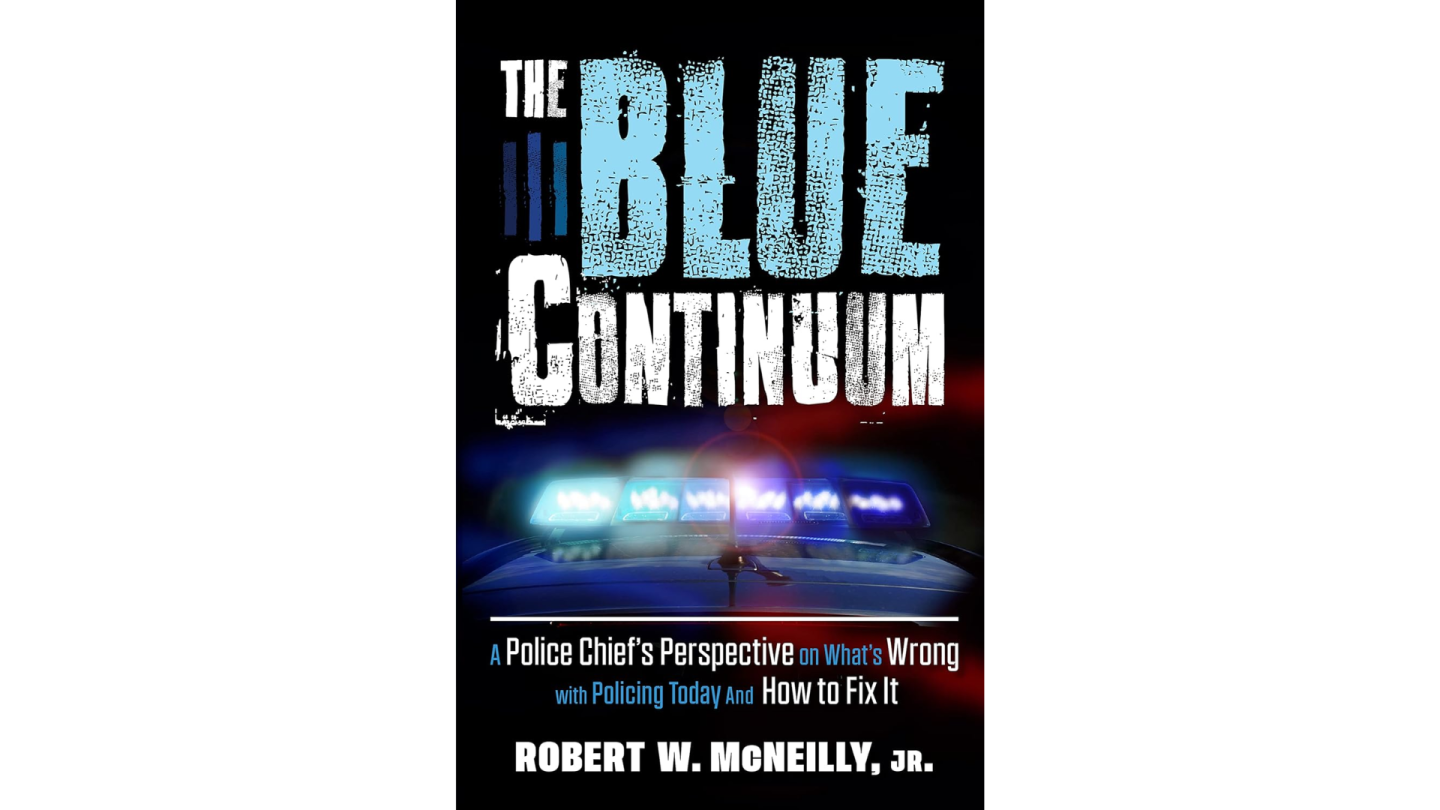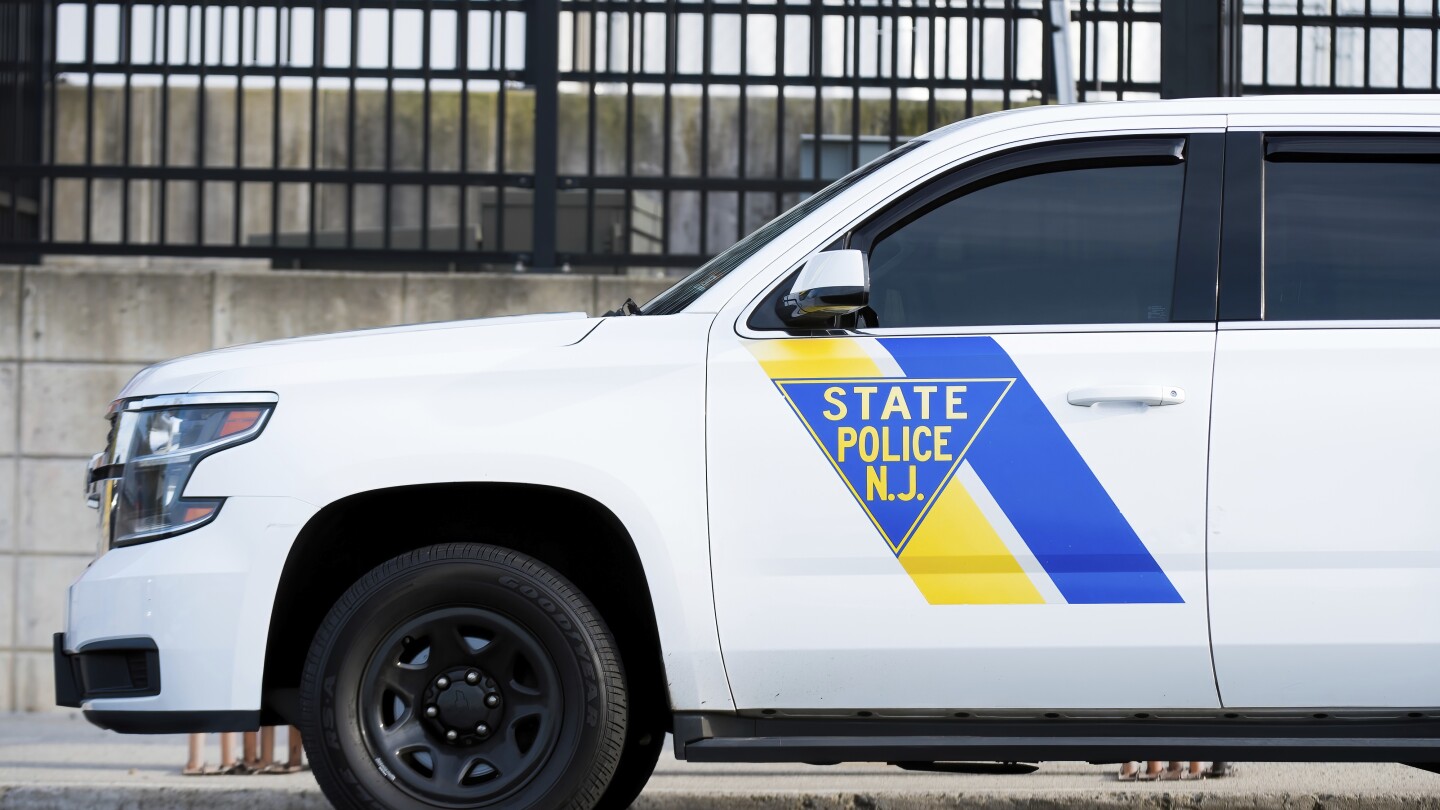Law Enforcement Policies
This Policies section highlights how law enforcement policy plays out in the real world, while also connecting you with best practices for drafting, updating and ensuring accountability with policies.
When readiness lives on paper instead of in practice, cracks show fast — from officer burnout to missed warning signs
To combat “operational fatigue” in law enforcement, culturally competent support and proactive wellness programs are essential
Generative AI is emerging in police work. Join chiefs exploring how to harness its potential while addressing the challenges of oversight and trust
Retired Pittsburgh Police Chief Robert McNeilly, Jr., has written an operator’s manual for developing and managing effective police forces on any scale
The transition from idealistic rookie to cynical veteran often includes withdrawing from friendships and activities outside of law enforcement
The Las Vegas Metropolitan Police Department, Nye County Sheriff’s Office and Henderson Police Department said they will not release booking photos because of the decision
Violating the new policy can result in termination and an investigation by the state board that issues and revokes officer certifications
The Dayton FOP lodge holds that more than half of officers are being paid less than what was agreed upon; the city maintains there is no violation of contract
The audit found that the commission “lacks full transparency and accountability” in its process and criteria for reviewing officer misconduct complaints
While it’s easy to rely on established case law, officers and legal professionals must avoid a one-size-fits-all approach
The tool allows access to officers’ training, education and license issue date records; personal information and information on undercover officers remains confidential
A committee of Harris County residents awarded the raise after the constables argued that they were earning less than some of their subordinates
The Olympia PD must create a policy establishing the ban of symbolic enhancements to equipment within the next year, effectively banning thin blue line and other types of imagery
The policy is turning off young officers from applying and preventing the department from making lateral hires, said Larry Calderone, president of the city’s largest police union
The revisions come after more than a year of study and discussions with LE agencies across the country, community support groups and mental health experts
In Texas, the White Settlement PD’s customized boots reflect officer rank; the department noted they symbolize the strong bond between the police force and the community
The committee recommended that the PD standardize case management, implement new records management, increase training for officers and increase its civilian staff
“These materials are important for our community to see...as we strive to be a self-assessing and self-correcting department,” Interim Chief Michael Sullivan said
This resource reviews each phase of a protest response that can be tailored to meet individual community and agency needs and resources
An analysis of PERF’s 10-year look-back report on the phenomenon of body-worn cameras in American policing
Dive into how Officer Cody Haakonson’s paid sabbatical highlights Paynesville PD’s innovative approach to keeping officers happy, healthy and on the job
Houston mayor seeks exception to legal carrying age to recruit officer candidates out of high school
A Texas law that forbids carrying a gun below the age of 21 inhibits the Houston Police Department from recruiting younger officers and filling ranks, Mayor John Whitmire says
The commission also recommended the department create a pursuit review board that would publish a quarterly report on the pursuits officers engage in
The program aims to make officers more comfortable in hot weather, incentivize recruitment and retention and “humanize” the badge, according to the Brea PD
Chester Police Department officers now work two days on, two days off, followed by three days on, three days off, giving each officer every other weekend off
In a policy that Governor Gavin Newsom described as an “outlier,” Oakland only allows police pursuits when a suspect is armed with a gun or involved in a forcible violent crime
Recent polls on policing show rising trust in law enforcement, with a 75% favorable rating; equal treatment remains a top priority
NYPD
The new policy bans beards, but allows exceptions for medical and religious reasons
The Court ruled that the officers never had sufficient reason to suspect that the man was trespassing and that, without it, they weren’t acting legally when they tried to detain him
One of the new measures allows the families of deceased Mississippi first responders to receive the responder’s salary for up to 60 days
The changes include “additional support” for the Downtown Public Safety Center, including police dogs, bicycle units and violence prevention officers
If your agency chooses to do its public safety policy management in-house, then what unexpected costs could impact your department’s budget?
New laws and court decisions mean updated law enforcement policies; here’s an overview of some important topics to watch throughout the year
MOST POPULAR
- ‘It’s OK to have these conversations’: Wash. PD retools protest response
- ‘Unprecedented and unfounded': Calif. PD, sheriff’s office respond to workplace safety citations after LEO’s death
- New LAPD policy requires officers to verify identities of ICE agents during responses
- What female officers say about harassment and culture in policing
- Evolving law enforcement response to street takeovers



































